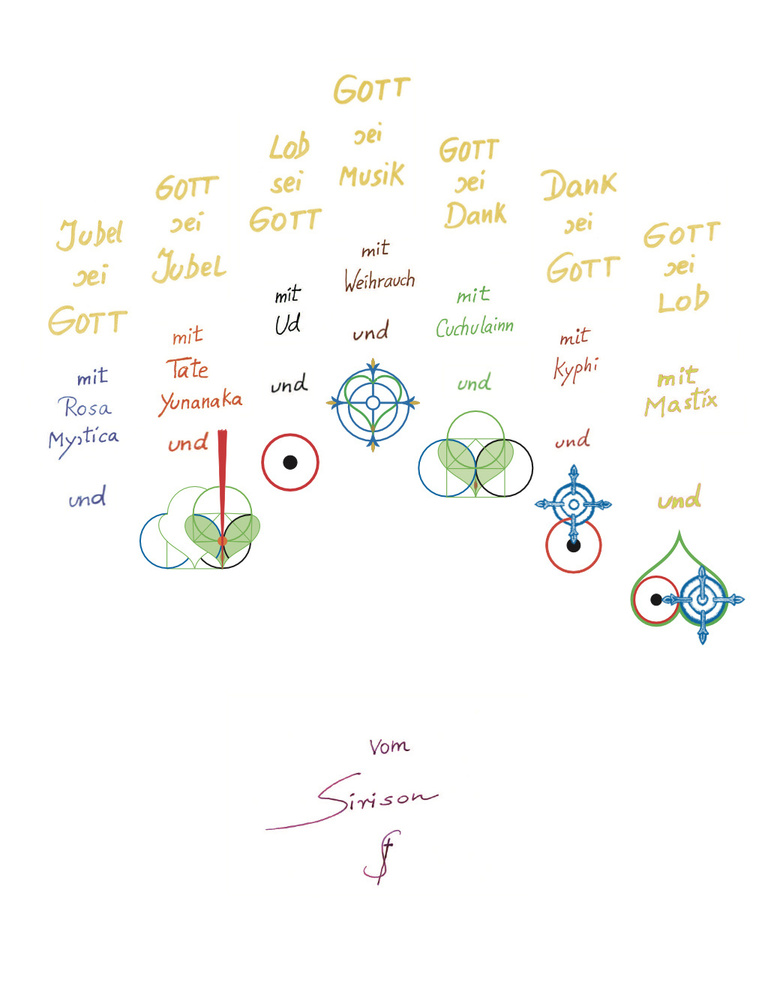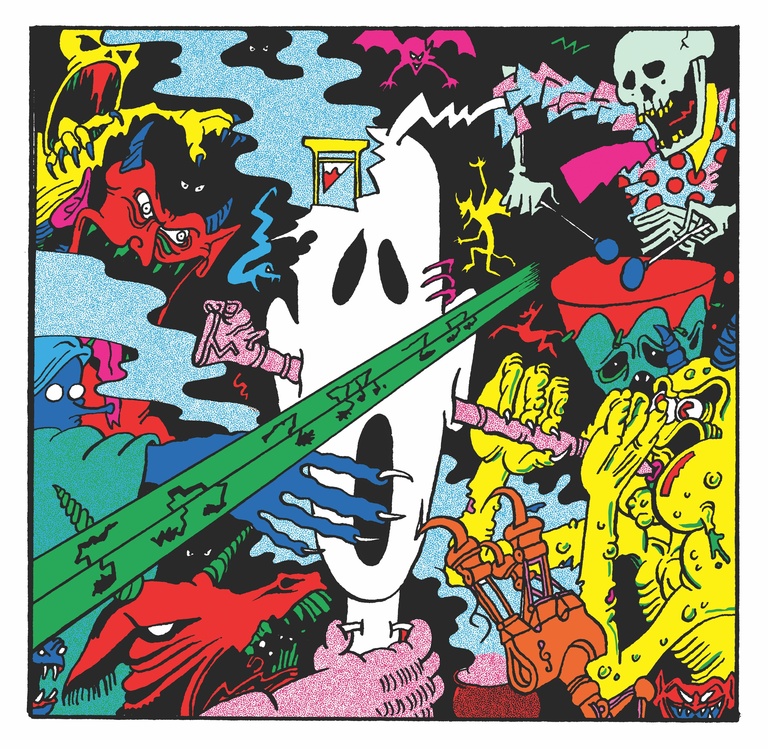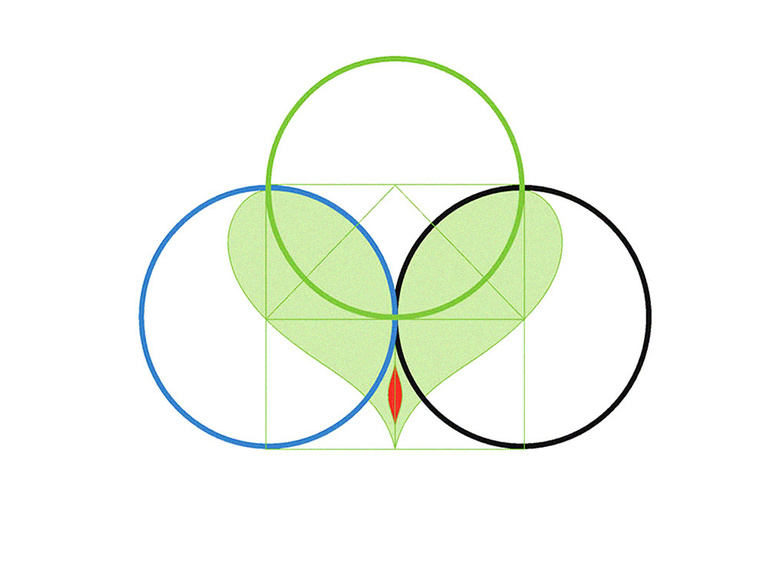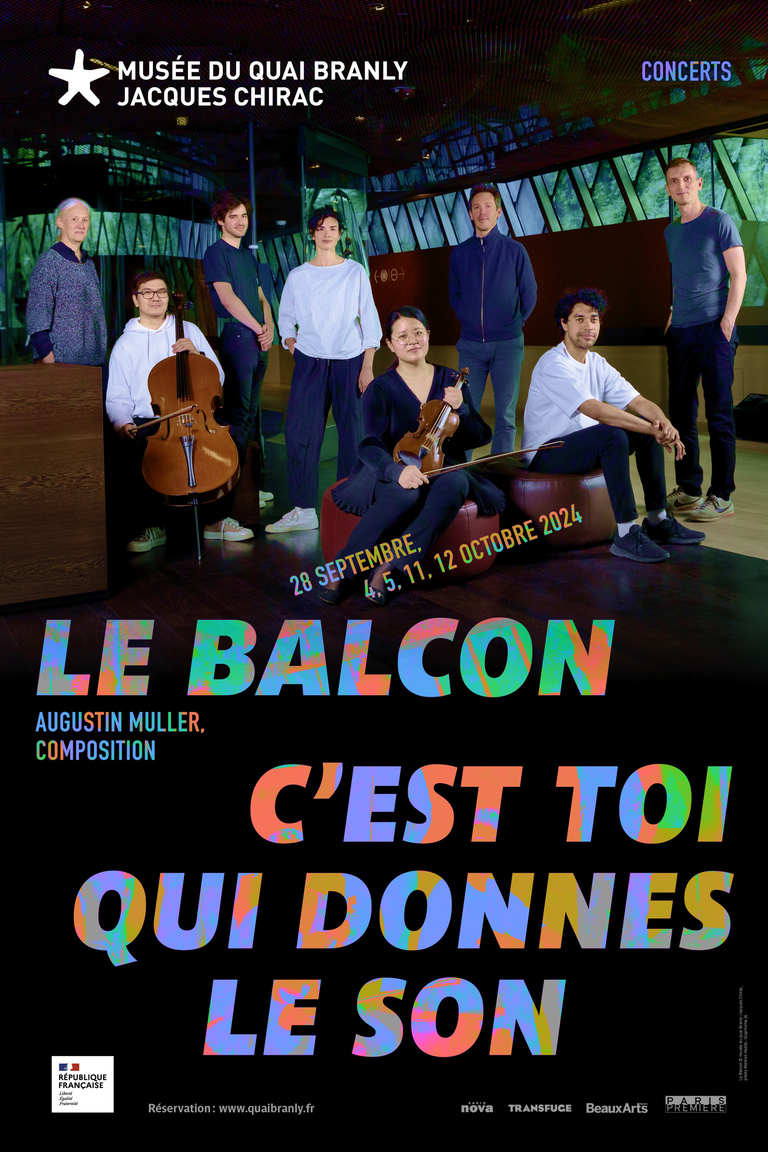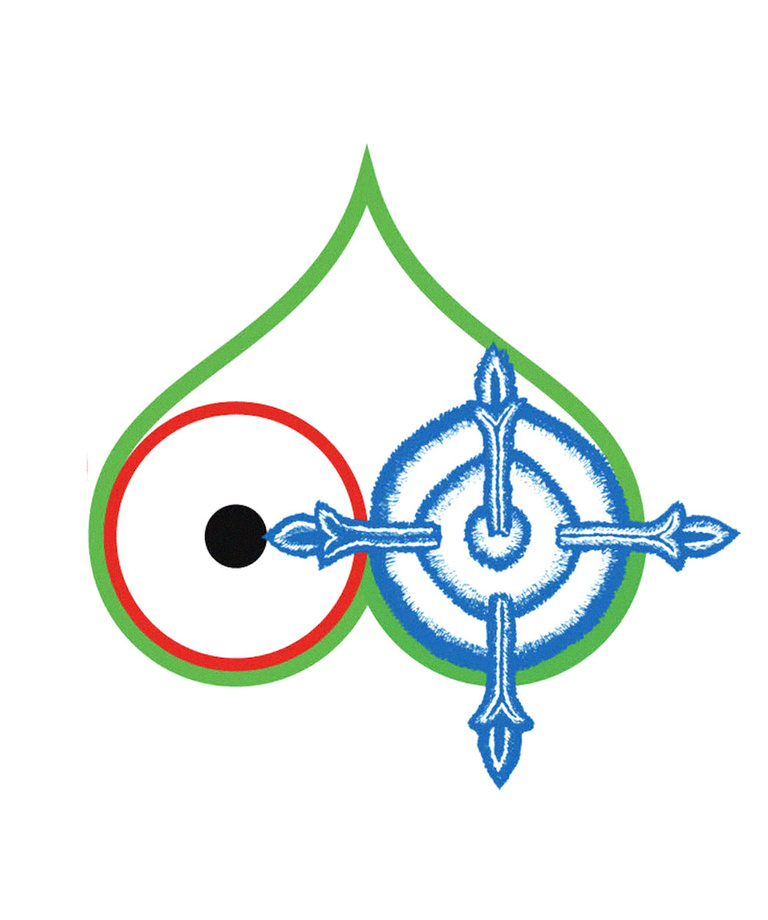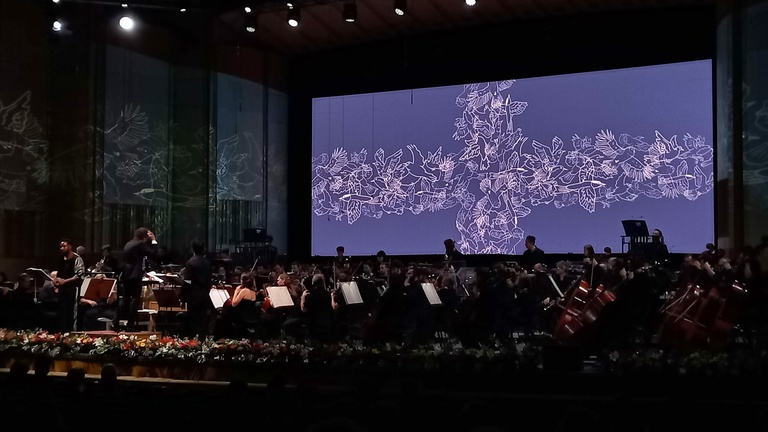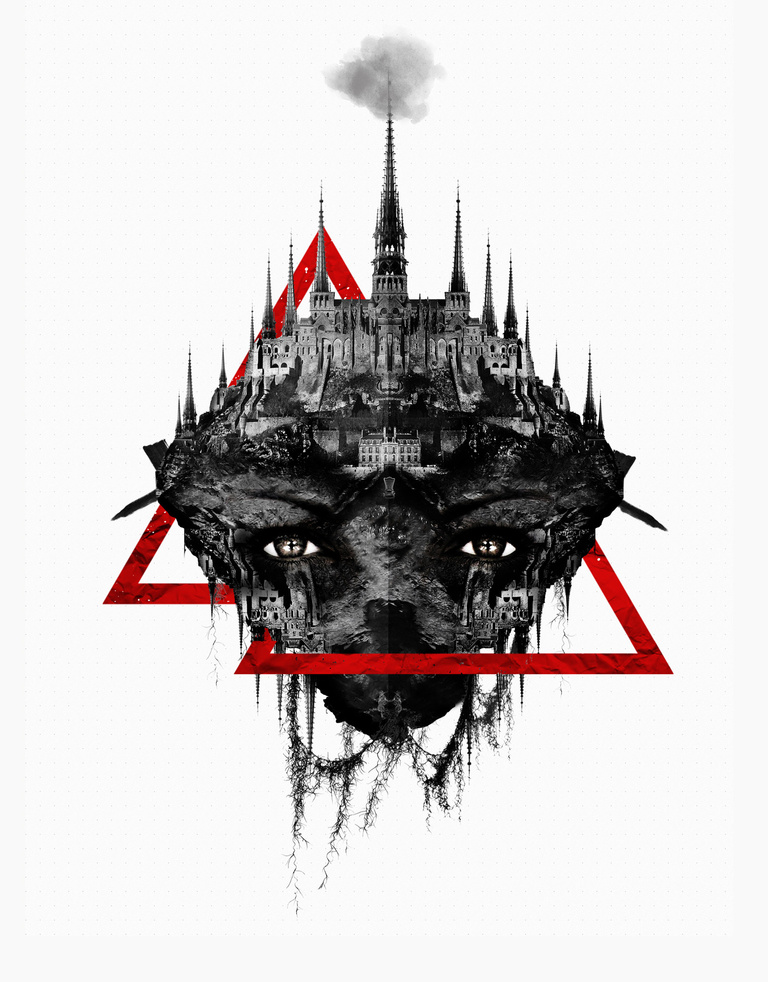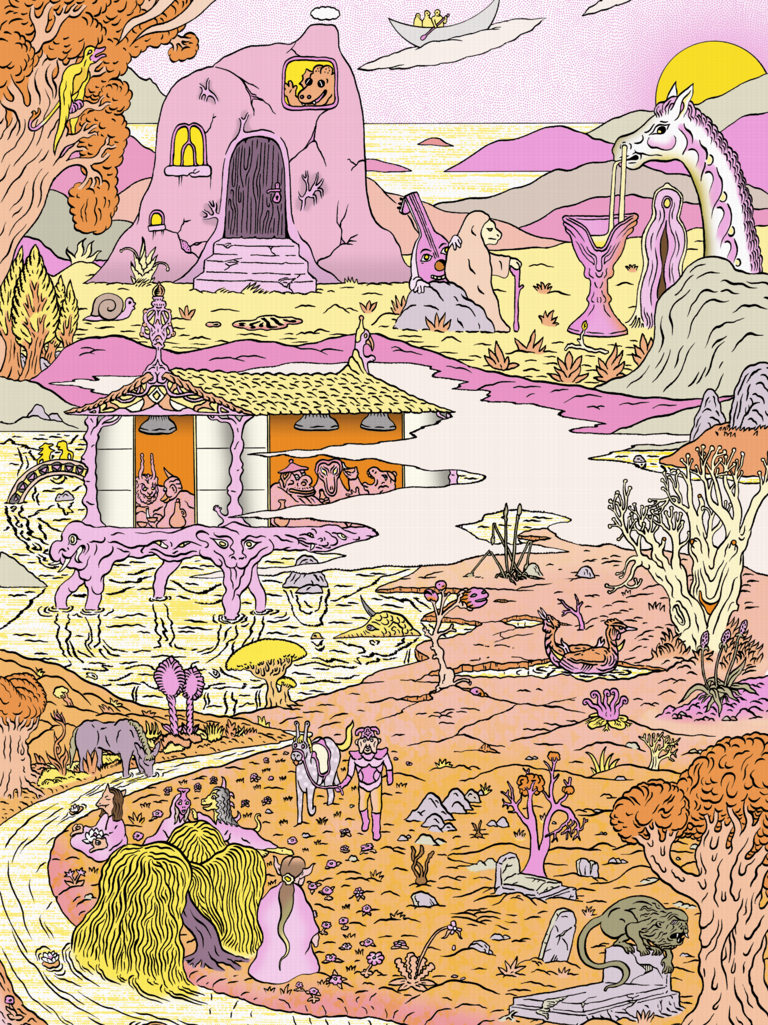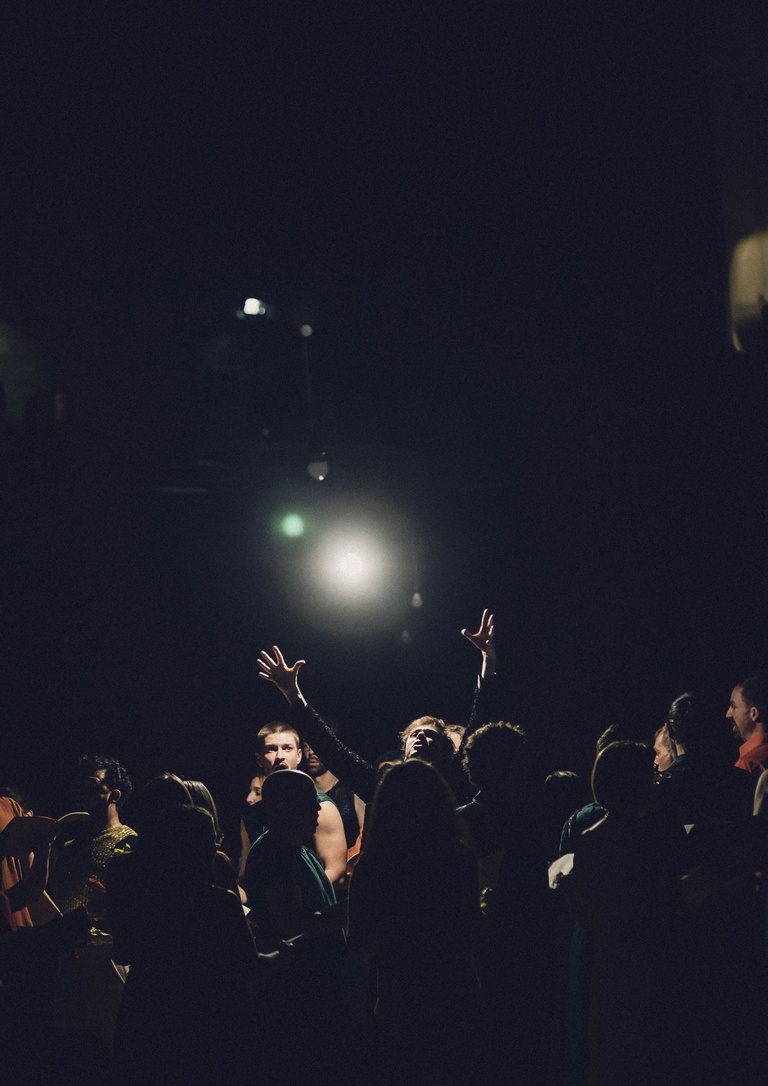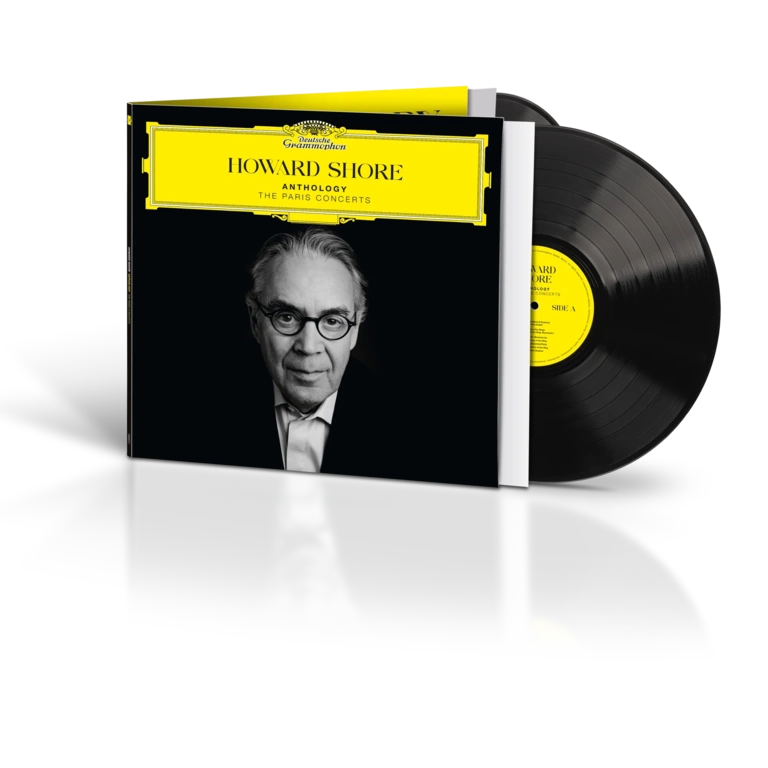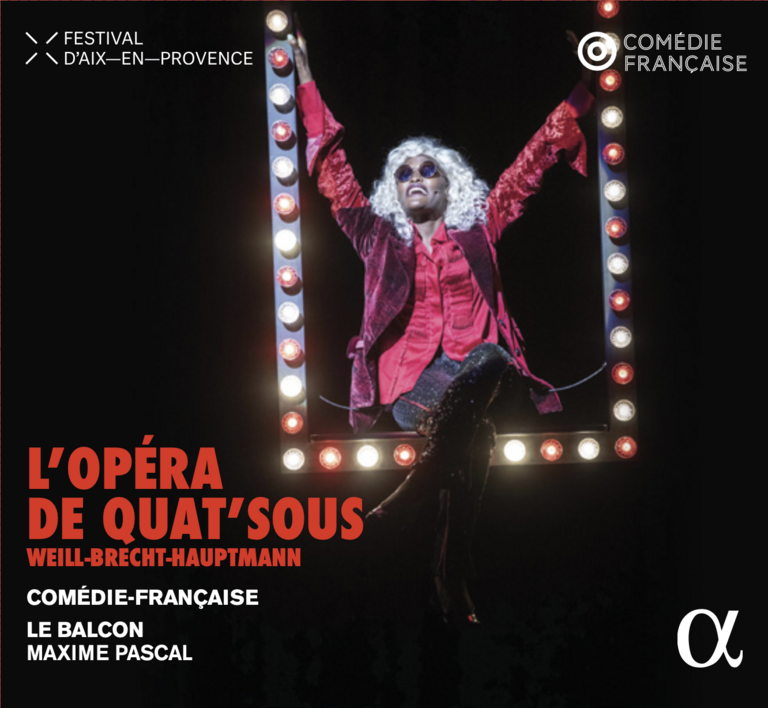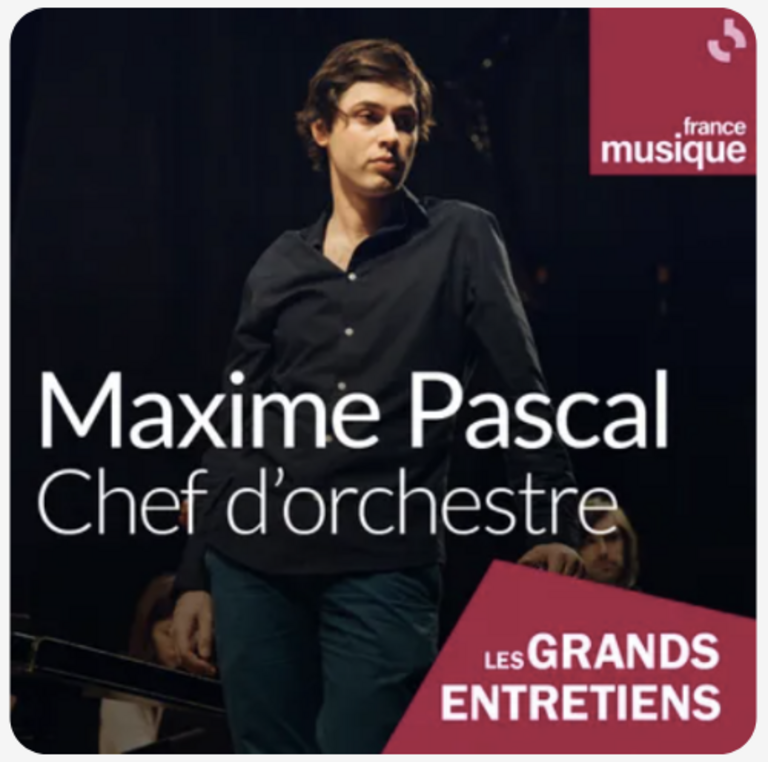Accueil
Prochains concertsProchains concertsProchains concertsProchains concertsProchains concertsProchains concerts
Le Balcon tire son nom de la pièce de Jean Genet (Le Balcon, 1956), situant son engagement artistique à l’endroit du récit, de la parole et de la représentation.
À la uneÀ la uneÀ la uneÀ la uneÀ la uneÀ la une
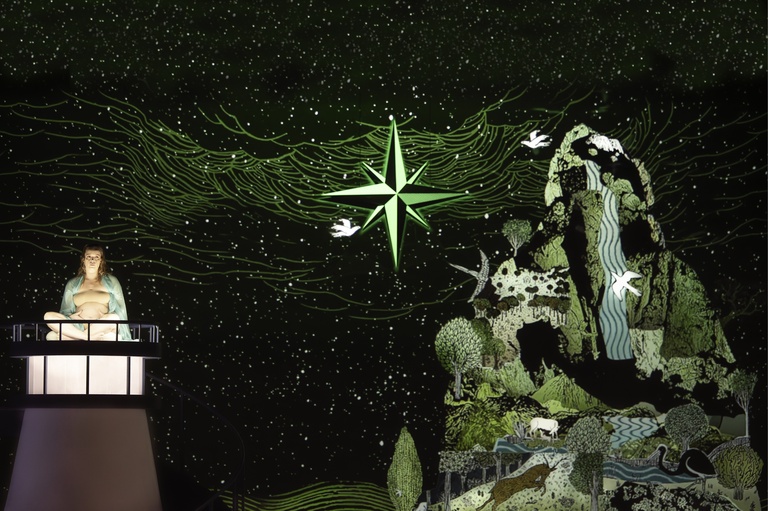
Montag aus Licht
Opéra de Karlheinz Stockhausen
Sixième "Journée" de notre intégrale Licht
Le 29 novembre 2025 à la Philharmonie de Paris
ActualitésActualitésActualitésActualitésActualitésActualités
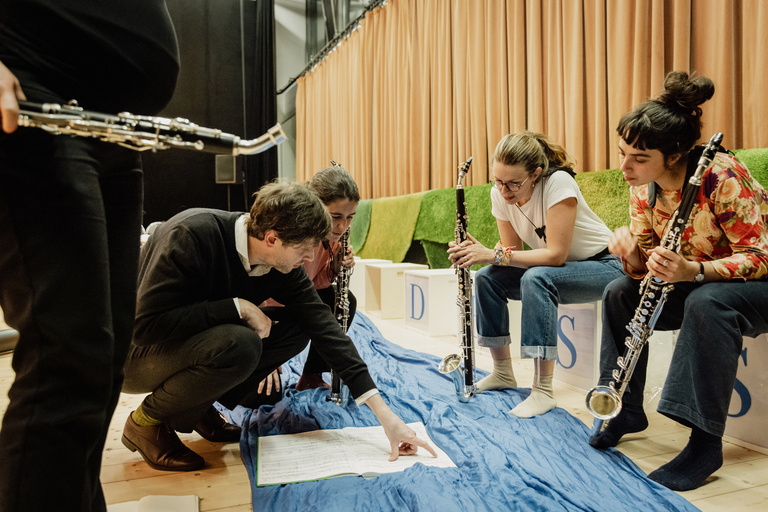
Scènes du Lundi de Lumière
Retour sur la première étape de Montag aus Licht, en format Work in progress
En janvier 2025 à l'Opéra de Lille
ProductionsProductionsProductionsProductionsProductionsProductions
